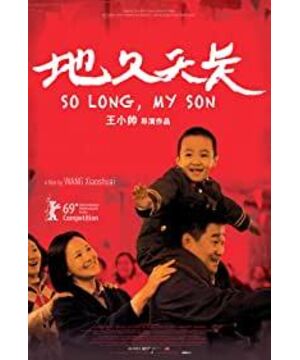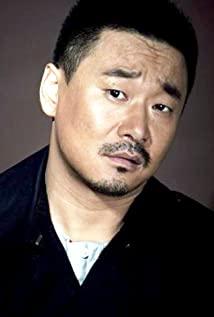Three hours. After the tears that should have flowed, when I wanted to write something, my mind went blank.
Over the span of 30 years, the film involves the return of educated youth to the city, reform and opening up, family planning, crackdowns, restructuring of state-owned enterprises, developers and other landmark events of the era. The life of the era, if viewed as a documentary, is a very good one.
But movies are not the same as documentaries. It needs to be expressed or thought-provoking, it should not be a simple storytelling, but after watching the whole movie, there is nothing particularly thought-provoking.
If it is the forbearance of the protagonist who talks about the pain of losing a child. This forbearance has long been imprinted in the 5,000-year cultural influence of Chinese people. That is, the few punches Yaojun smashed on the wall. If it is about people's struggles and transformations in the face of impermanence and doom, the process and trajectory of their thought transformations are not much inscribed.
The other is Yaojun and Liyun, who lost their children. They were too good to be true. Such a big blow, they didn't express any anger or complaints to Xiang Ming and Haiyan, they just left it to the long river of time to resolve them. This sadness, how suffocating it is. This should be put in place now, couples with bad intimacy can share, let alone friendship.
In fact, it is more real to show the broken friendship after the death of the child, so that Haiyan's redemption and confession before her death and Haohao's confession will be more powerful.
In the end, Haiyan's dying last words were a lot of complaints, "Now that I have money, I can give birth", which is somewhat nondescript. Is it really possible to have money? How many premises and assumptions are there?
View more about So Long, My Son reviews










